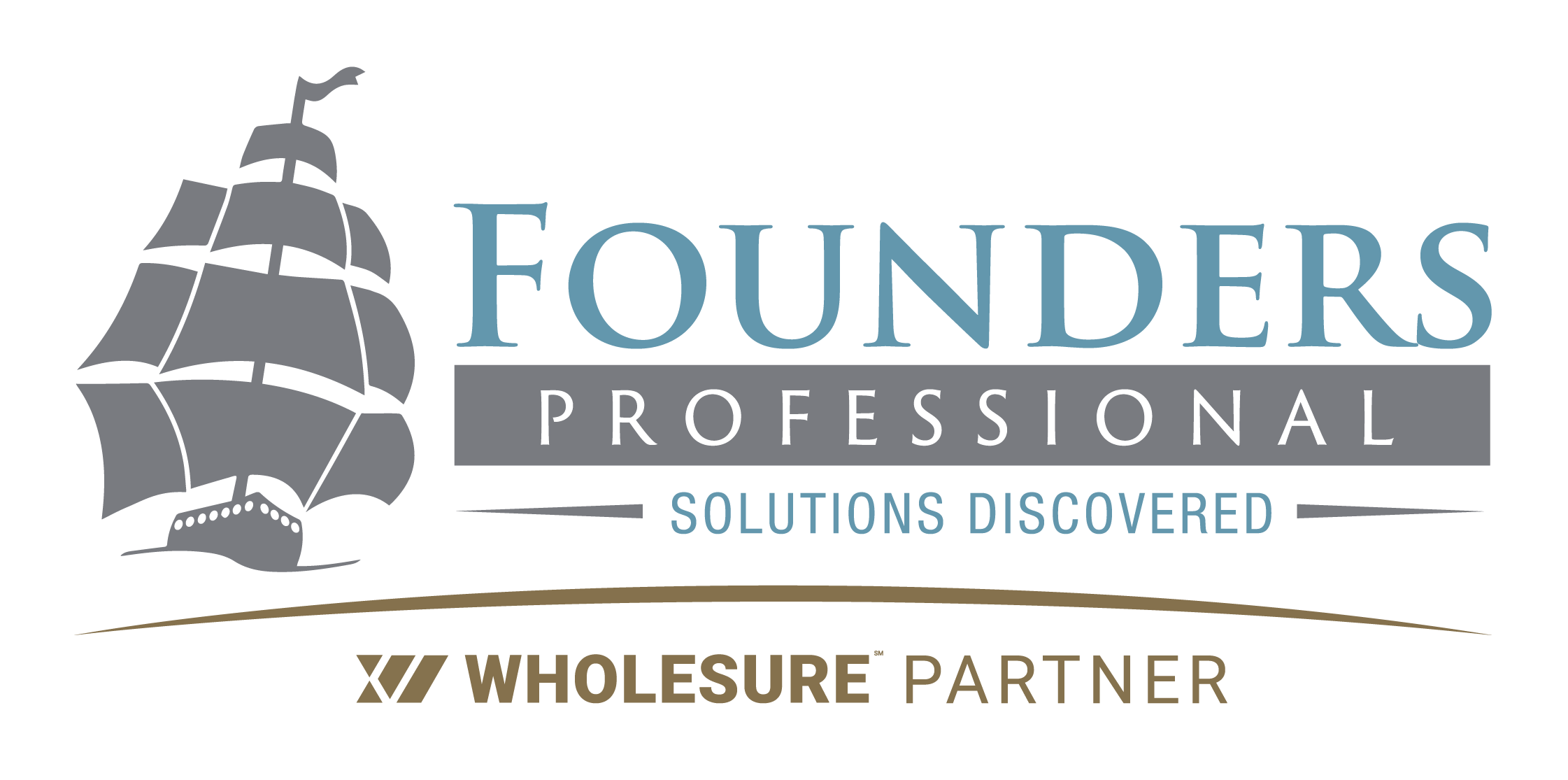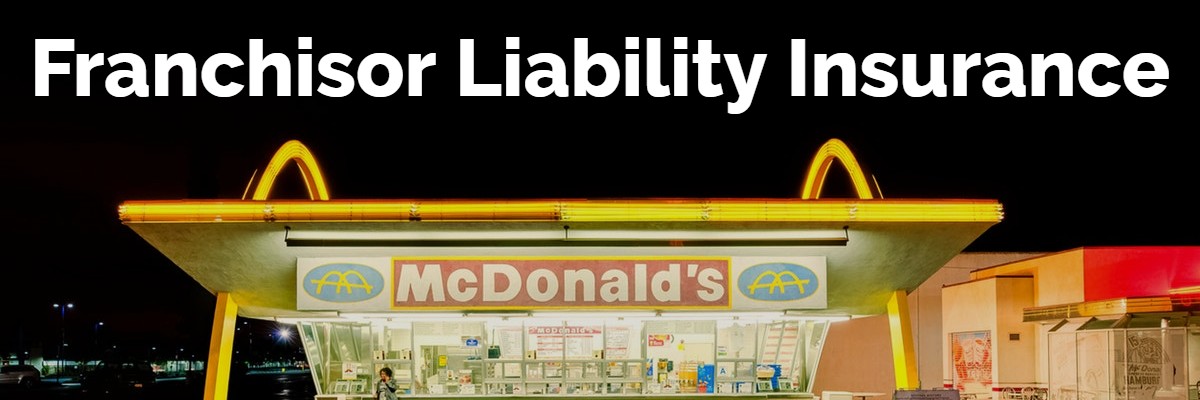Franchisor Liability Insurance
By Dan Vecchio, Management Liability Practice Leader at Founders Professional
In the movie “The Founder,” starring Michael Keaton, franchisee Ray Kroc creates endless anxiety and stress for franchisors Dick and Mac McDonald. The McDonald brothers created the small burger restaurant in the late 1950s. McDonald’s did not grow until Kroc came on board and aggressively franchised the business. Although there was never any legal action between the two sides, the relationship was contentious at best. If the McDonald brothers had a Franchisor Liability policy, then they would have slept much better at night.
Advantages vs. disadvantages of franchising a business
Franchising a business can be a cost-effective way to grow your business quickly and at a lower risk. The franchisor’s risk is reduced because the franchisee has all the responsibility for the investment in the franchise operation, paying for any build-out, purchasing any inventory, hiring any employees, and taking responsibility for any working capital needed to establish the business.
The main disadvantage of franchising is the sharing of profits. A franchisor will make less than a company-owned store since they only collect a royalty, which is a small percentage of the unit revenue. Another disadvantage is giving up absolute control of the company. A franchisee may have a different management style than the franchisor. This can cause friction between the parties.
The Franchise Contract
The Franchise Disclosure Document (FDD) is a legal document which is presented to prospective buyers of franchises in the pre-sale disclosure process. The FDD spells out the services and responsibilities of the franchisor and as well as information about the franchisor, how long the franchisor has been in business, the competition environment, and any special license or permit requirements.
The FDD is intended to give the potential franchisee enough information to make educated decisions about their potential investment and understand the costs and risks they are likely to take on, should they become a franchisee.
How can insurance help?
A franchisor liability or E&O policy covers the franchisor for alleged errors, omissions, or negligence from the professional services provided to the franchisees, that are outlined in the FDD. Franchisor liability will also protect the senior management of the franchisor, as well as the franchisor entity from litigation brought by the franchisee.
One of the most frequent lawsuits that a franchisee brings against the franchisor is that the service outlined in the FDD is not performed as it was represented. The FDD outlines the following services the franchisor provides to the franchisees:
- Financial assistance. Financing programs available to franchisees.
- Location selection. The benefit of the franchisor selecting the location is that they have experience choosing locations that are successful.
- Training/operations manual. The franchisor provides a detailed operations manual that includes instructions for carrying out their operating system.
- Advertising. Most franchisors initiate advertising efforts, either on a national or local level or both. Some franchisors require franchisees to pay into a fund to cover these costs or will offer a co-op arrangement where the costs are split.
- Operations / HR. Most franchisors offer support such as administrative, human resources, accounting, and technical support. Franchisors also advise on employee issues, insurance requirements, and other matters relating to the operations of the franchise.
Other than failure to provide the services outlined in the FDD, another cause of litigation with the franchisor is vicarious liability arising from the actions of the franchisees. Since a franchisor has some control over the franchisee, the franchisor is vicariously liable for the acts of its franchisee. An example of franchisor’s vicarious liability would be a claimant injury at the location of a franchise location due to the negligence of a franchisee. The claimant could sue the franchisor claiming that the franchisor is vicariously liable for the actions of the franchisee.
Conclusion
Franchising is a business that is not appropriate for every company or every concept. When implemented correctly, it can result in great profitability and increased market share. When not implemented well, the franchisees can experience significant losses and hold the franchisor responsible. The following are ways to mitigate franchisor liability:
- Know what is in the FDD.
- Know all of the services that you are required to provide to your franchisees.
- Fully support your franchisees as outlined in the FDD
- Review your franchisees to make sure they are in compliance with the FDD
- Communicate with the franchisees and understand their challenges and frustrations
Even a franchisor who knows what they are doing and follows the FDD to a T, can be subject to litigation from the franchisees. A Franchisor Liability policy can provide peace of mind to a franchisor in good and bad times of the franchise.
Dan Vecchio is the Management Liability Practice Leader of wholesale brokerage Founders Professional. Dan successfully places management liability coverages for businesses of all sizes across a multitude of industries. [email protected].

